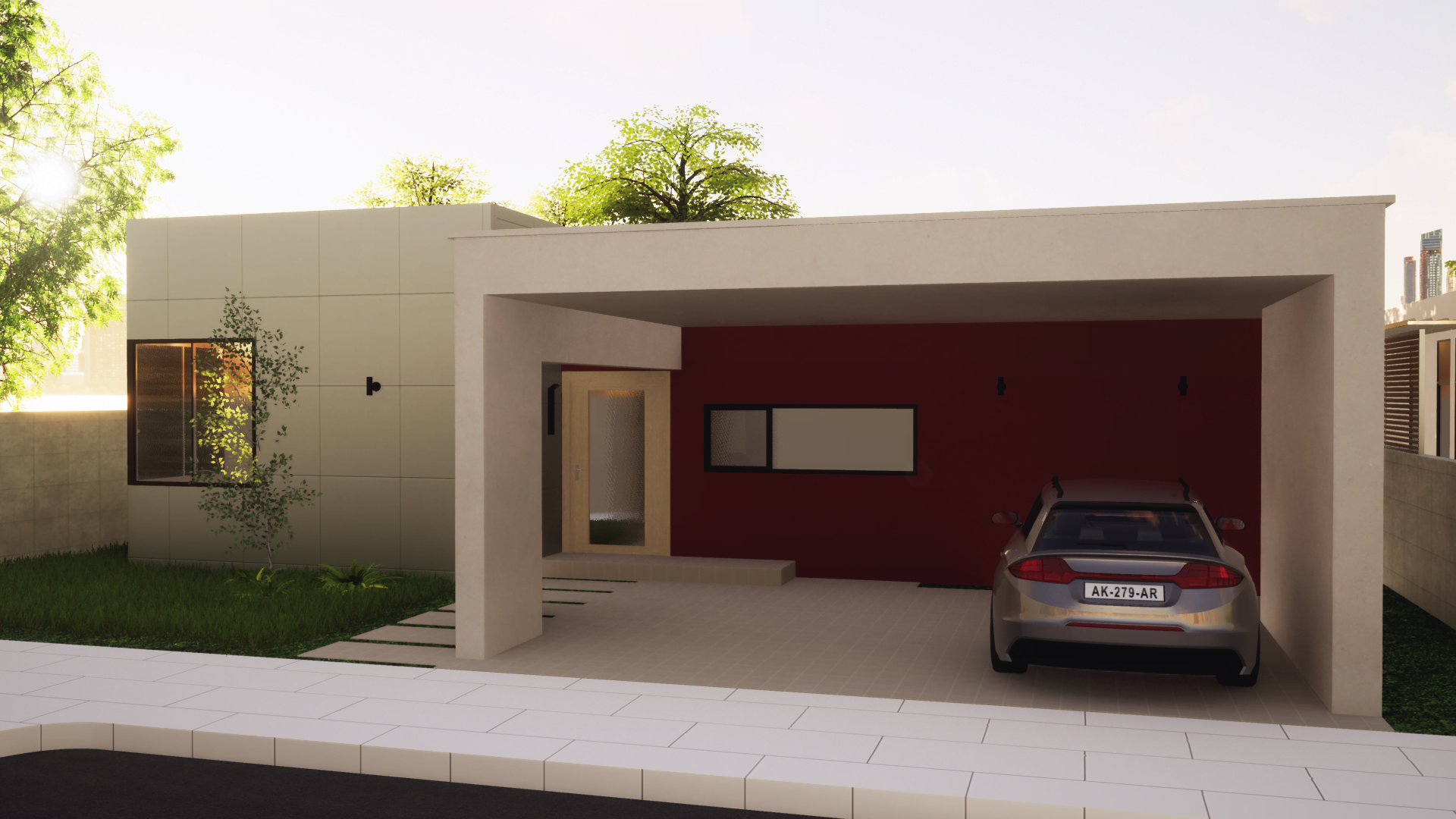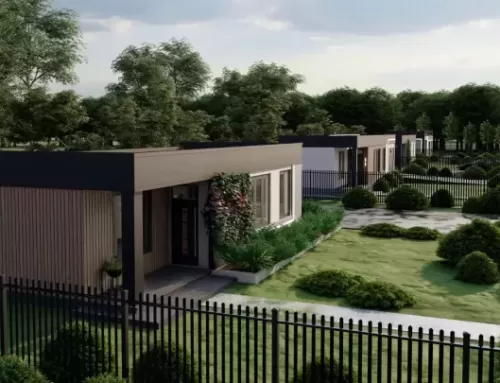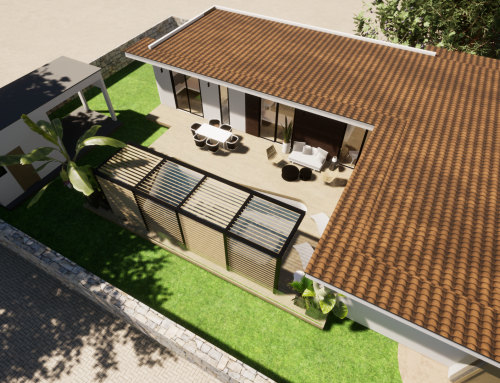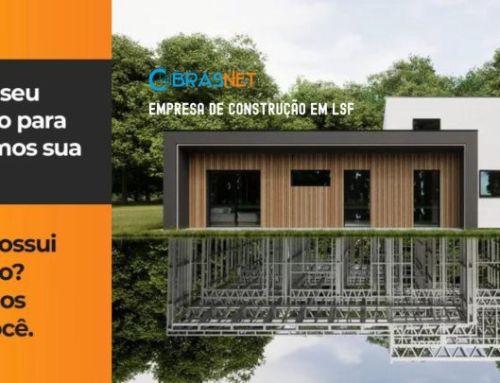When it comes to building a home, one of the biggest decisions you’ll make is whether to choose a concrete home or a traditional home. Both have their pros and cons, and the decision ultimately depends on your preferences and needs. In this article, we’ll explore the differences between concrete homes and traditional homes, and help you make an informed decision about which is right for you.
Cost
Então agora segue-se a pergunta de ouro
One of the most significant differences between concrete homes and traditional homes is the cost. Concrete homes tend to be more expensive to build initially than traditional homes, but they also offer long-term cost savings in terms of energy efficiency and maintenance. Traditional homes, on the other hand, are generally less expensive to build, but may require more frequent maintenance and repair.
Energy Efficiency
Concrete homes are known for their energy efficiency. They are able to retain heat in the winter and keep the home cool in the summer, reducing the need for heating and cooling systems. This can result in significant cost savings on energy bills over time. Traditional homes, on the other hand, may require more energy to heat and cool, particularly if they are not well-insulated.
Durability
Concrete homes are incredibly durable and can withstand extreme weather conditions, such as hurricanes and tornadoes, better than traditional homes. They are also resistant to fire and termites. Traditional homes may be more susceptible to damage from these factors and require more frequent repairs and maintenance.
Aesthetics
One of the biggest differences between concrete homes and traditional homes is the aesthetics. Traditional homes come in a wide range of styles and designs, and offer a lot of flexibility in terms of customization. Concrete homes, on the other hand, are typically more limited in terms of design options. However, with advances in technology, it is now possible to create a wider range of designs for concrete homes.
Environmental Impact
Concrete homes are considered to be more environmentally friendly than traditional homes. This is because they are made from sustainable materials and are energy-efficient, reducing their overall carbon footprint. Traditional homes, on the other hand, may be made from materials that are not sustainable, and may require more energy to heat and cool.
Noise Reduction
Concrete homes are known for their excellent noise reduction capabilities. They are able to block out exterior noise, making them ideal for those who live in noisy areas or near busy roads. Traditional homes may not offer the same level of noise reduction, particularly if they are not well-insulated.
Conclusion
Choosing between a concrete home and a traditional home is a big decision, and one that should not be taken lightly. Both options have their pros and cons, and the decision ultimately depends on your preferences and needs. If you are looking for a home that is energy-efficient, durable, and environmentally friendly, a concrete home may be the right choice for you. If you value flexibility in terms of design options and cost savings on the initial build, a traditional home may be the way to go.









Deixe o seu comentário